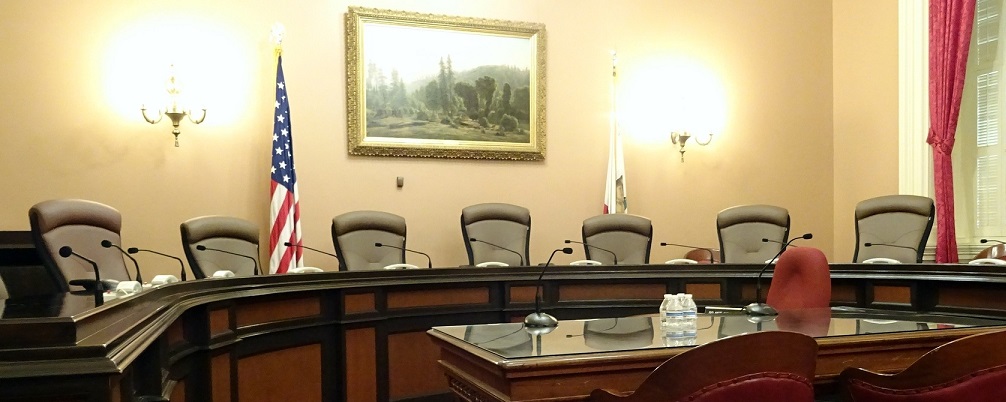
Ethics Training For Legislators
Many state legislatures require ethics training for lobbyists and staff. Some also require or encourage ethics training for legislators.
Idaho is one. It has offered ethics training to lawmakers every two years since 2013; the sessions are also available to lobbyists and members of the public (Kruesi, 2017).
This January, it offered a half-day plenary ethics forum titled “Ethics and the Idaho Legislature,” with talks focusing on culture, conflicts of interest, communications, and money (Ethics, 2017).
The first session focused on steps legislators can take to strengthen a culture of ethics in the Idaho Legislature. The second addressed “inherent conflicts of interest that exist in a citizen legislature” and how to handle them. It also provided guidelines for using state email accounts and addressed distinctions between official business, personal business, and campaign business, among other topics. The third covered the appropriate use of campaign funds, what to avoid when soliciting campaign contributions, and best practices when working with lobbyists.
Idaho’s next-door neighbor Wyoming requires all new members to attend a training session on making ethical decisions; returning members are “strongly encouraged (but not required) to attend each year. This year’s January training event covered Wyoming’s ethics and conflict of interest laws. It also delivered sessions on context for a citizen legislature, value-based ethical decision-making, and tips for considering difficult issues. See “Wyoming Legislature: All Member Training,” below.
Utah takes a different approach. It requires all legislators to complete an online ethics training exercise every year. The online training course provides scenarios for 16 different ethics-related topics and requires the learner to answer related questions correctly before moving on to the next question (OLRGC). Legislators have more scheduling flexibility when they have the option to take online training, but it’s important for training administrators to introduce some level of variety in the modules from year to year, and to make sure current issues are reflected in the modules.
Sometimes a situation calls for training beyond the annual or biannual requirement. For example, in 2014 the California Senate called for an all-day ethics “stand down”—a required all-day ethics training refresher for all state senators, committee staff, and Capitol office employees—in response to a series of scandals earlier that year.
The National Conference of State Legislatures (NCSL) notes that many legislatures include ethics training in orientation programs, but that the content is often focused on ethics laws and rules. NCSL encourages legislatures to take their ethics training to the next level with a “values-based ethics” approach. The NCSL offers related ethics training, as do third-party suppliers like Ethical Advocate.
Ethical Advocate provides ethics and compliance support, to include ethics hotlines and ethics training, for government agencies, educational institutions, non-profit organizations, and both public and private companies Feel free to contact us for additional information.
References
Ethics Utah.gov. Ethics Training [web page]. Ethics and the Idaho Legislature. [Agenda], January 11, 2017. https://legislature.idaho.gov/wp-content/uploads/sessioninfo/2017/standingcommittees/January%2011%202017%20Ethics%20Program.pdf
Kruesi, Kimberlee. “Idaho Lawmakers Undergo Ethics Training.” Washington Times, January 11, 2017. http://www.washingtontimes.com/news/2017/jan/11/idaho-lawmakers-undergo-ethics-training/
Office of Legislative Research and General Counsel (OLRGC). Ethics Training: Exercise [web page]. https://le.utah.gov/ethics/LegislativeEthicsTest?qzid=Exercise I Ethics Training
Wyoming Legislature: All Member Training. [Agenda], January 9, 2017. legisweb.state.wy.us/InterimCommittee/2016/SMC09272016AppendixC-6.pdf
